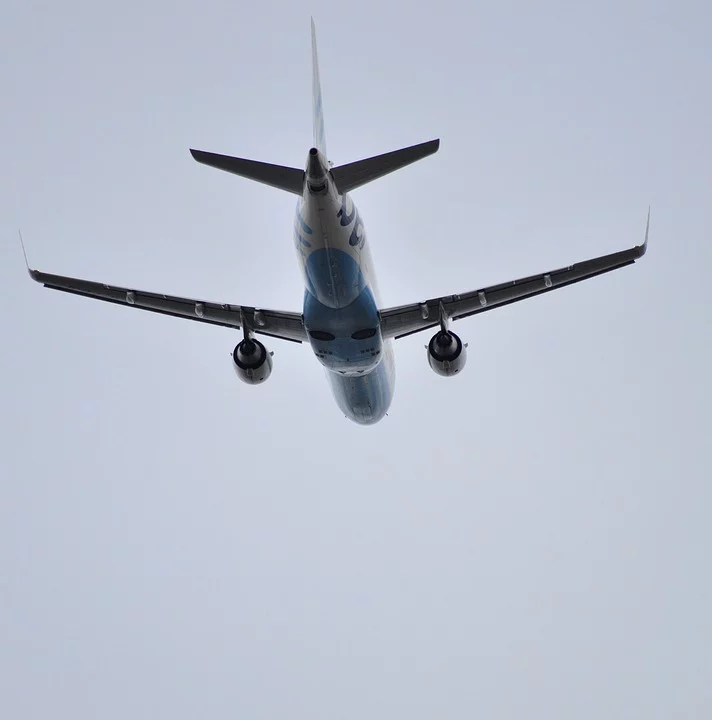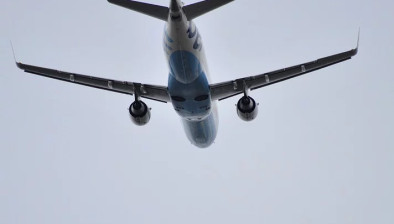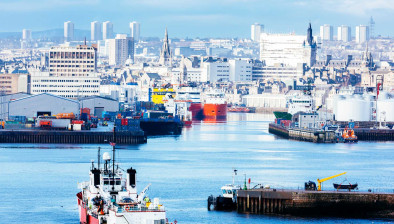Government to rescue Flybe from £100m tax debt
The UK Government has agreed a rescue plan to save troubled airline Flybe.

Ministers have agreed to work with Flybe to create a repayment plan for the substantial tax debt which the airline has accumulated, which is thought to surpass £100 million.
The company’s owners and shareholders, which include Virgin Atlantic and Stobart Group, have also agreed to invest more money into the airline.
Andrea Leadsom, business secretary, has said that the deal will keep the company in operation.
The government has also said it will review the £26 air passenger duty that is levied on domestic UK return fights, which has contributed to Flybe’s losses.
The move has been criticised by the chief executive of the owner of British Airways as he labelled the move as a misuse of public funds.
In a letter to transport secretary Grant Shapps, a copy of which has been seen by the BBC, Willie Walsh questioned why the taxpayer is picking up the tab for the airline’s mismanagement.
Mr Willie highlighted that Virgin Atlantic, one of Flybe’s largest shareholders, is partially owned by Delta, one of the world’s largest and most profitable airlines, the BBC reports.
Karen Dee, the boss of the Airport Officers Association, said: “Flybe plays a critical and unique role in the UK aviation system, supporting the development of the regions, providing essential connectivity to businesses and stimulating the growth in trade”.
Josh Hardie, CBI deputy director general, commented: “The news about the Flybe rescue plan is welcome and will be a massive relief to all the staff who work at the company and communities who rely on the vital links Flybe provides.
“In the package is an important step to review regional connectivity. This is something that the CBI is keen to support, as better transport links outside the south-east is fundamental to the Government’s ambitions to ‘levelling up’ the country’s economic performance.
“More broadly, the new Government has a huge opportunity to look at the overall cost of doing business and to support growth through high quality, sustainable infrastructure. That’s what will ultimately drive shared prosperity and level up growth across all.”








